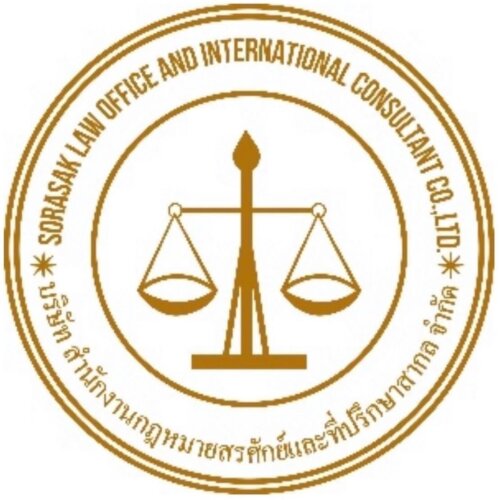Best Civil Rights Lawyers in Bangkok
Share your needs with us, get contacted by law firms.
Free. Takes 2 min.
List of the best lawyers in Bangkok, Thailand
Legal guides written by Smart Legal Solutions:
- Main Legal Measures to Protect Foreign Investment in Thailand
- Legal Protection of Foreign Investment in Thailand
- The importance of the geographical indications for the Thai economy
Thailand Civil Rights Legal Questions answered by Lawyers
Browse our 1 legal question about Civil Rights in Thailand and the lawyer answers, or ask your own questions for free.
- How much are court fees for a civil claim in a Thai small claims court?
- What fees would I need to pay if I submit a case to a small claims court in Thailand?
-
Lawyer answer
Applicable fees are based upon the claim's value and the particular court but typically do not exceed 200,000 THB. If the case is related to money or property, the court fee is 2% of the total claim amount with a...
Read full answer
Disclaimer:
The information provided on this page is for general informational purposes only and does not constitute legal advice. While we strive to ensure the accuracy and relevance of the content, legal information may change over time, and interpretations of the law can vary. You should always consult with a qualified legal professional for advice specific to your situation. We disclaim all liability for actions taken or not taken based on the content of this page. If you believe any information is incorrect or outdated, please contact us, and we will review and update it where appropriate.














